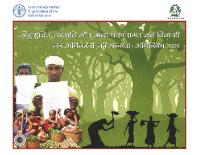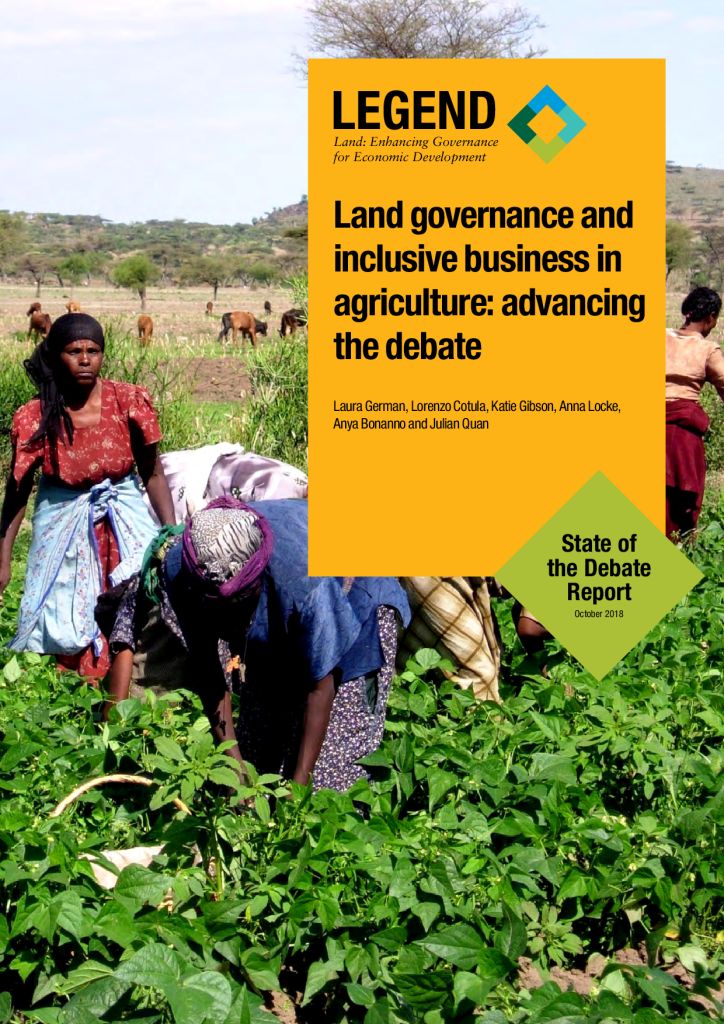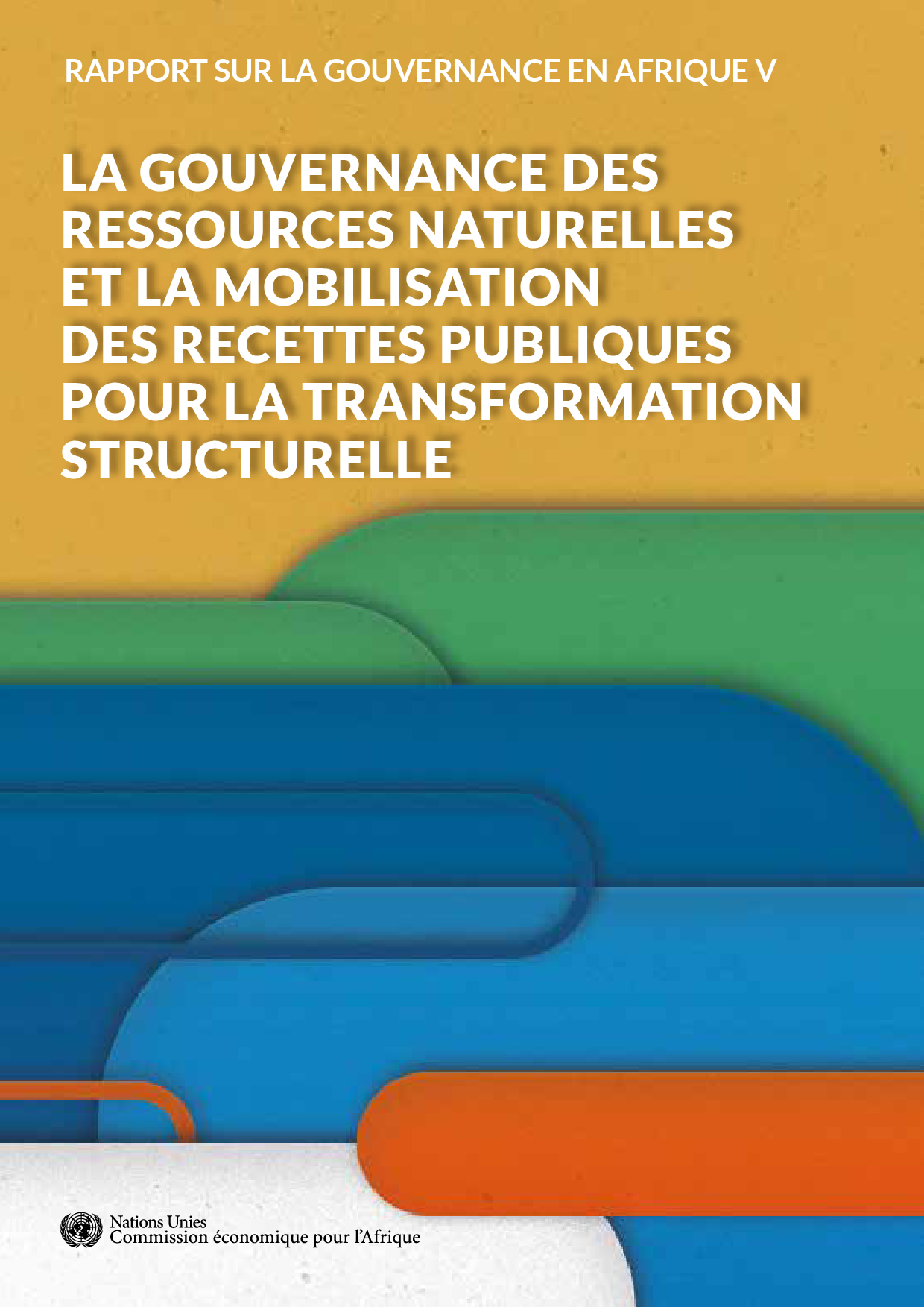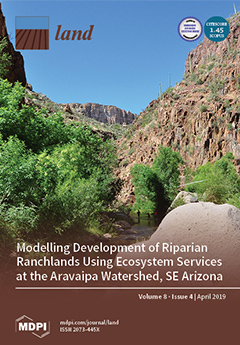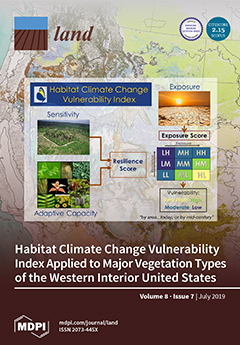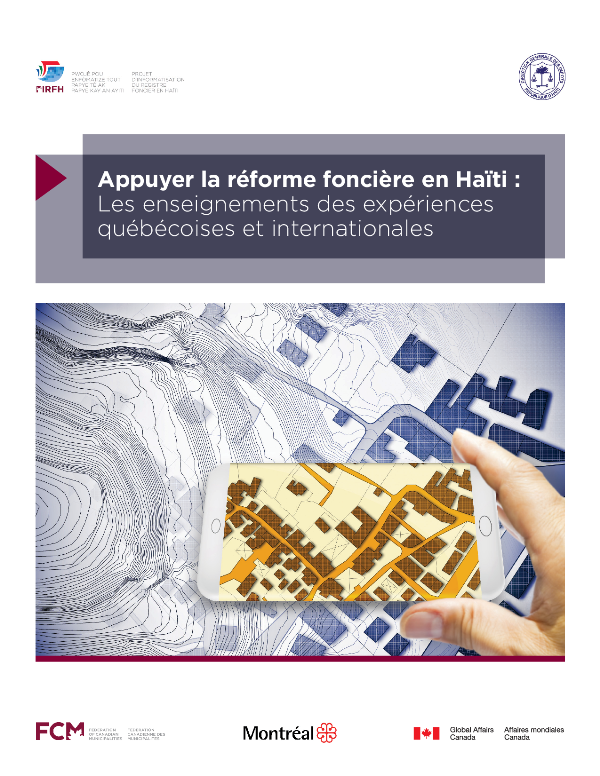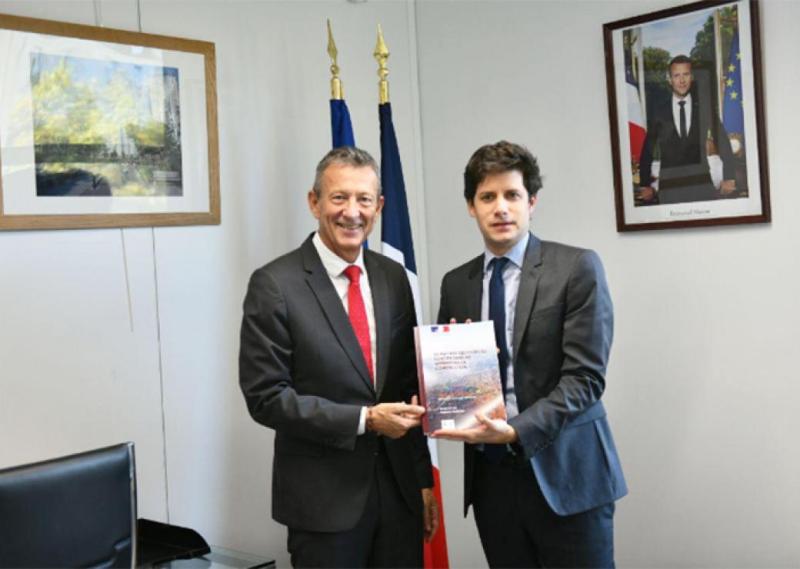A Guide Book on: The Scheduled Tribes and Other Traditional Forest Dwellers (Recognition of Forest Rights) Act 2006
The booklet is part of a series of materials produced in India to raise awareness on the Voluntary Guidelines on the Responsible Governance of Tenure of Land, Fisheries and Forests in the Context of National Food Security (VGGT) among indigenous peoples and local authorities. In particular, the booklet aims a explaining, through simple cartoons, what communities can do to register their communal lands undert the Forests Rights Act, indicating steps to take and institutions to contact.

